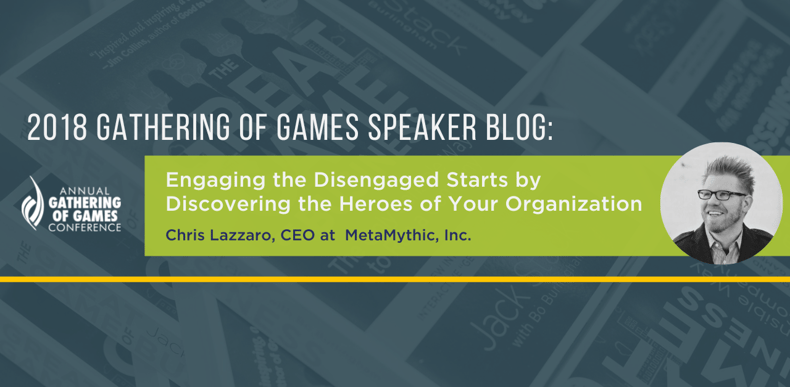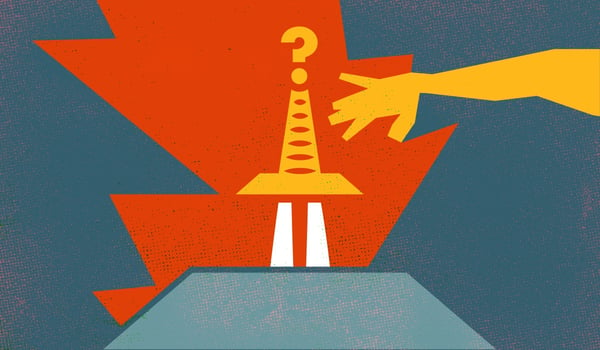
My son feels like a hero today. We just finished a multi-night Xbox journey to beat the Raiders of the Lost Ark LEGO Indiana Jones game and finally put the ark safely in a government warehouse. The gameplay is simple, predictable, and highly repetitive … but that doesn't matter. As I tucked him into bed several hours later, we were still talking about our adventures and his victory.
Now rewind a couple days.
Earlier this week, I spoke with a client who said that his people are apathetic (at best) with an important corporate initiative he's leading. If implemented correctly, the program will take the company's cyber-security practices to the next level and protect their infrastructure from emerging nation-state and terrorist threats. If not implemented correctly, the compliance penalties are up to $1,000,000 per day per incident.

What a difference. A simple game creates engagement, while a critically important initiative results in apathy. What can we learn from these two examples?
Video games are engaging because players can escape reality by stepping into a fictitious hero character—be it a bullwhip-toting archaeologist, crowbar-wielding engineer, or mustached plumber—and use their skills to save the day. But few realize that corporate initiatives can reach even higher employee engagement if we apply the same principles that make games and fiction engaging.
Discovering your heroes is the first step in this journey to engage the disengaged, but most organizations immediately fall into a common trap. Remember two things:
- Leaders are not the heroes. We are tempted to think that the managers, executives, or leaders of the corporate initiative are the heroes, and it’s the common trap that most companies fall into. After all, we’re used to celebrating, praising, and giving nice bonuses to our leaders.
Star Wars has a great example of how to think about this - Obi-Wan Kenobi was a hero from the Clone Wars, but by the time of Episode IV, he was the sage. As a sage, he called Luke Skywalker to a higher personal purpose (become a Jedi like his father), gave him a new identity (a Jedi in the rebellion), and equipped him with tools and skills (a lightsaber and the force). This is the role we must play—we are the sages.
- Heroes do the daily work. The heroes are the folks who do the daily work of your corporate initiative. In the cyber-security example, the heroes are the folks who securely configure technical systems, securely scan their ID card when entering a protected area, and act securely by not clicking that phishing email or plugging in that USB drive.
Back to our Star Wars example, Luke is the hero. He starts out like most people in our corporate initiatives - a little bit whiny and a little bit reluctant. But when given a personal purpose, identity, skills, support, and a mission, he accomplished great things. The universe is a much safer place without that Death Star thanks to Luke.
Our own employees will accomplish remarkable things if we treat them as the heroes of our organizations. Applying this principle requires humility and a change of approach (Luke didn’t learn about the Force from a PowerPoint deck), but I've personally seen thousands of the most apathetic and hostile employees be completely transformed when this principle is meaningfully applied.
"A sage yourself to become, the hero you must understand" - Yoda
.png)







.png)




-5.png)

